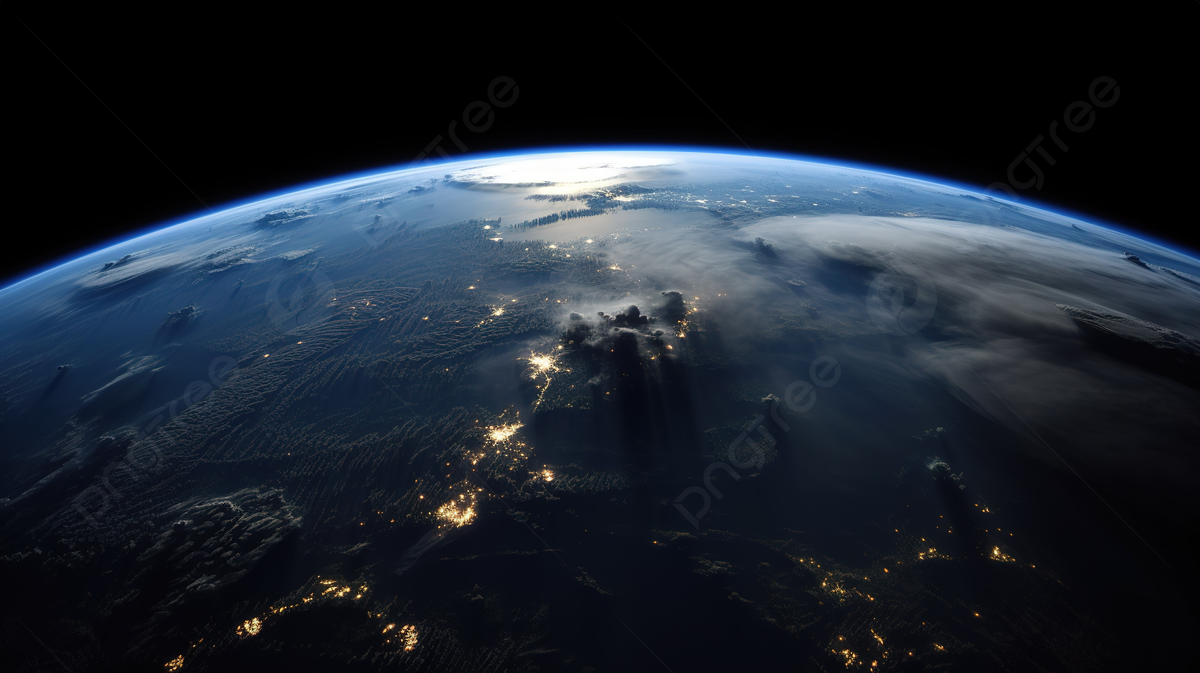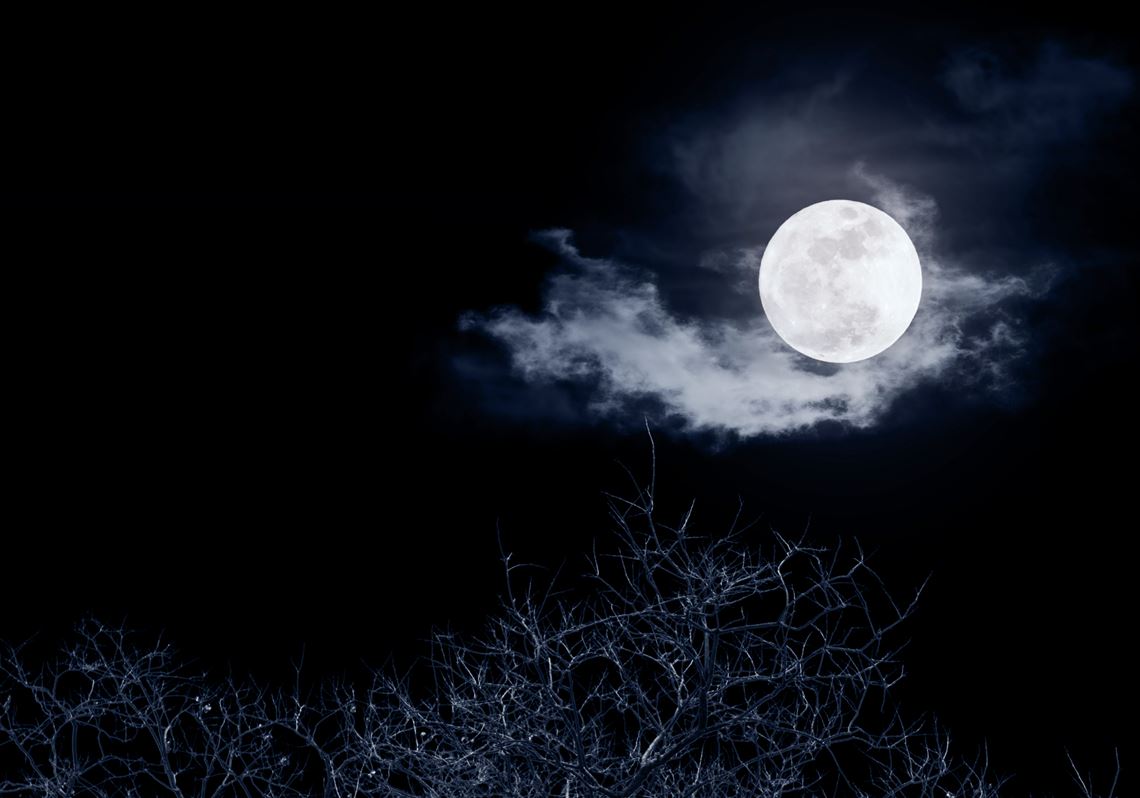Nighttime: A Symphony of Darkness and Wonder
Table of Contents
Dive into the magic of nighttime! Explore hidden worlds, starry skies, & the vital role darkness plays in nature & us.
What is Nighttime?

Nighttime is Earth’s grand curtain call, a time when the sun dips below the horizon, leaving behind a stage bathed in the soft glow of stars and moonlight. It’s a period of transformation, where bustling landscapes hush and hidden creatures emerge.
But beyond the quiet beauty, nighttime is a scientific marvel. As Earth spins on its axis, different parts face away from the sun, plunging into darkness. This dance of light and shadow creates the varying lengths of night we experience throughout the year and across the globe.
Peek up at the night sky, and you’re met with a dazzling display. The absence of sunlight unveils a universe of stars, planets, and celestial bodies, each twinkling with its own unique story. This celestial tapestry has sparked curiosity for ages, inspiring myths, navigation, and countless scientific discoveries.
The history of astronomy and its connection to nighttime

While humans often associate nighttime with sleep, it’s a bustling time for many other creatures. Owls take flight with silent wings, bats use echolocation to hunt, and fireflies paint the darkness with their bioluminescent glow. This symphony of nocturnal activity plays a vital role in the intricate web of life.
From cultural celebrations bathed in warm lantern light to quiet contemplation under a star-studded sky, nighttime has deeply influenced societies around the world. It’s a time for storytelling, artistic expression, and reflecting on the vastness of the universe.
Benefits of Nighttime

Nighttime offers a unique set of benefits beyond just catching Zzz’s. Here’s a quick peek:
Natural wonders: Gaze at the star-studded sky, free from light pollution, and reconnect with the cosmos. Witness the vibrant world of nocturnal animals, from silent owls to fireflies’ dazzling lights.
Peaceful recharge: Darkness triggers melatonin, your sleep hormone, promoting deeper, more restful sleep. The quiet can also help de-stress and unwind, leaving you feeling calmer and recharged.
Creative spark: The stillness and solitude of night can ignite your imagination. Let your mind wander, reflect, and problem-solve in new ways under the moon’s soft glow.
Environmental magic: While we slumber, plants use the darkness to grow and repair themselves. Nocturnal animals thrive, ensuring a healthy ecosystem balance. Less artificial light at night means clearer skies for stargazing and better sleep for all.
So, even if you’re not a night owl, embrace the magic of nighttime for a healthier, more wonder-filled you!
Purposes of Nighttime

Nighttime serves several important purposes, both for living things and the planet as a whole:
For living things:

- Rest and regeneration: Many organisms, including humans, use nighttime for sleep and other forms of rest. This allows their bodies to repair and recharge, which is essential for survival and overall health.
- Activity and hunting: Nocturnal animals, like owls and bats, rely on nighttime for their primary activities, such as hunting and foraging for food. The darkness provides them with camouflage and allows them to avoid competition from diurnal predators.
- Pollination and seed dispersal: Some plants rely on nocturnal animals, like moths and bats, to pollinate their flowers and disperse their seeds. Nighttime provides these pollinators with ideal conditions for their activities.
- Navigation and communication: Certain animals, like fireflies and glowworms, use bioluminescence at night for communication and navigation. This allows them to attract mates, find food, or warn others of danger.
For the planet:

- Temperature regulation: Nighttime allows the Earth’s surface to cool down after being heated by the sun during the day. This helps to maintain a healthy balance in the planet’s temperature cycle.
- Atmospheric processes: Certain atmospheric processes, such as the formation of dew and the breakdown of ozone, are more efficient at night due to cooler temperatures and lower levels of sunlight.
- Astronomical observation: The darkness of nighttime allows us to observe the stars, planets, and other celestial bodies with greater clarity. This has been crucial for our understanding of the universe and our place within it.
Overall, nighttime plays a vital role in the health and well-being of living things and the planet as a whole. It provides a time for rest, activity, and essential ecological processes to occur.
Final Thoughts
Nighttime is much more than the absence of sunlight. It’s a time of wonder, where the darkness reveals a hidden world of stars, nocturnal creatures, and quiet beauty. Whether you’re gazing at the cosmos or simply enjoying the peacefulness, nighttime offers a unique chance to connect with nature and appreciate the delicate balance of our planet. So next time you find yourself under the starry sky, remember there’s a whole world waiting to be explored, even after the sun goes down.
For More Information Please Visit These Websites Craiyon And Arturia





